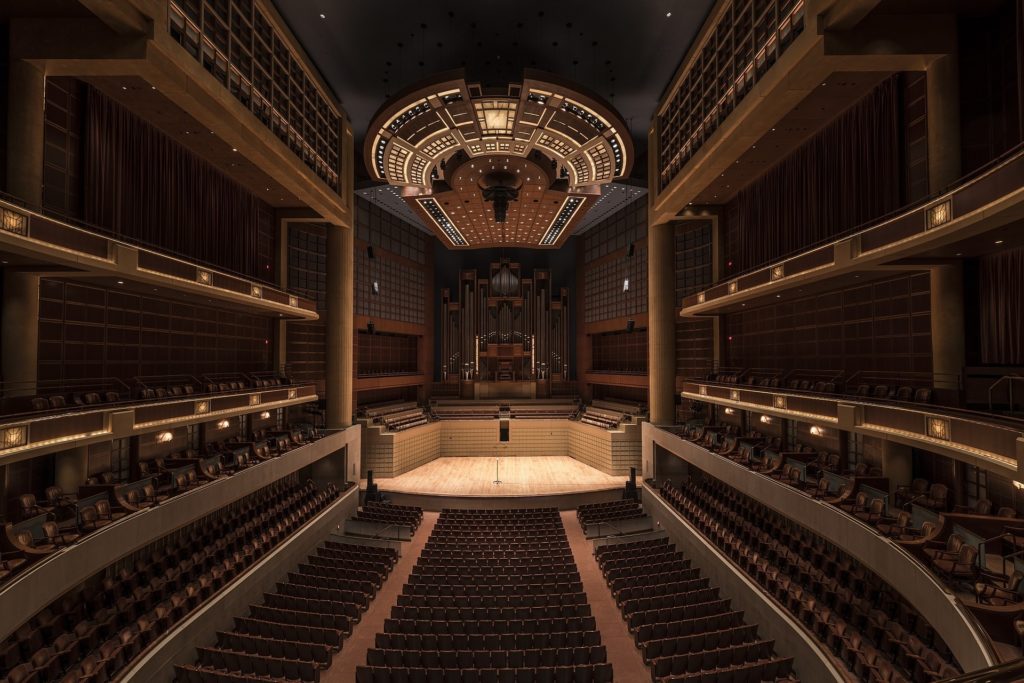Great stuff…
I’d like to propose an educational model. The first few times you introduce a child to film, you should only show them really great, undisputed masterpieces. You know, Citizen Kane, Metropolis, The Godfather, that sort of thing. When you get them into literature, think about the greats – perhaps Tolstoy is a little long for really small kids, but I’m sure you could make it work with Dickens, Proust, Hardy, and so on. Oh, and once they’re onto solid foods, time to get out the gourmet cookbooks. They need to get a taste of the great stuff.
Preposterous, isn’t it? And yet the whole question of ‘greatness’ is one we still, boringly, seem to be obsessed with in classical music. Before anyone starts accusing me of flagrant relativism, though, let me clarify. Of course I think some things are better than some other things. I also like some things more than some other things, even if they’re not ‘as great’. That’s not the problem. The problem is when the entire industry becomes defined by what’s great and what’s not.

Anthony Tommasini wrote an article for the New York Times earlier this month in which he spoke about ‘The Case for Greatness in Classical Music’. He puts both sides of the argument (sort of) around the need to seek out the greats. He talks about the game-like quality of the hunt for top ten greatest composers, and so on. He acknowledges that the music scene is no longer about that as much as it used to be, and that’s a good thing. And yet he comes down on the side of pro-greatness-hunting and, more than that, the necessity of removing any living composers from the list of possible contenders.
Why does that bother me (and many others I know) so much? I think the fundamental problem is divisible into three parts:
- It assumes that ‘greatness’ is a characteristic that can be measured across an enormous range of musical forms, approaches, styles, etc. over several centuries and countless countries without accidentally/unfairly privileging one particular approach.
2. It is a classification which is put forward as unchanging (because we don’t have the necessary distance that is required to judge what’s happening now but, arbitrarily, can manage it fine once the person who wrote it is dead), as if we’ll always think the same people are great that we always did. According to that totally holistic definition of ‘great’.
3. If the focus remains on getting to know the ‘great’, everything else is less important and thus less likely to get an airing… which means you’ll never be able to compare the ‘great’ stuff properly to the ‘not great’ stuff because you won’t hear it.
When I was an undergrad, I ended up developing a really rather conservative outlook. Mostly, things were great in my book if they were Austro-German and because I got so familiar with the way that the Austro-German symphonic tradition worked, and how composers went about putting one thing after another (ideas, keys, formal blocks, whatever), anyone who did it differently seemed less interesting, for the most part, and thus not as good. In some cases I remember really having to work at getting my brain out of Austro-German gear so that I could figure out why something that worked differently could still be extremely sophisticated and interesting. So I speak from personal experience when I say that I don’t believe it’s possible to maintain a general category that crosses centuries, countries, continents yet is equally aware of what’s great across all of them.
Also, fashions change all the time. Look at Rachmaninoff. Or Mahler. Or Bruckner. Or Sullivan. Or Wagner. No one gave a damn about Mahler symphonies in this country until about 1950. Sullivan, conversely, was in the top 10 most performed composers for the first 20-odd years of the Proms. So was Gounod. Haydn wasn’t, though, and nor were Bach or Handel. There is no such thing as an unchanging list (if you don’t believe me, follow the fortunes of Shakespeare through centuries of theatrical history – it’s just the same), so you might as well acknowledge that your art form is still actually living, and spill some ink on the people who need your support and can actually read what you write about them.
And then there’s the third point, above. This might seem like a weird one, but again, I’m approaching this one from personal experience. If you’ve never actually sat down and listened to some of the other music being written alongside Mozart, Haydn, Beethoven, Brahms, Bach, whoever, then how do you actually know that it’s better than what everybody else was doing? How much better? How is it better? What makes it that much more interesting? Also, how do you know that the music we’ve found out about so far is all the good music? I’ll tell you: you don’t. You don’t know if there’s some composer previously considered second or third or fourth-rate who wrote some incredible piece we have subsequently mislaid history is long and it happens all the time.
So sure, top 10 lists sell from time to time, and we can probably agree that overall certain composers are more sophisticated and imaginative than others in certain forms and approaches. But please, let’s get over this endless Search For Greatness. I don’t just want to hear great music. I want to hear music I don’t know yet. Any music. And if it’s dross? I’ll be the judge of that, thanks.

